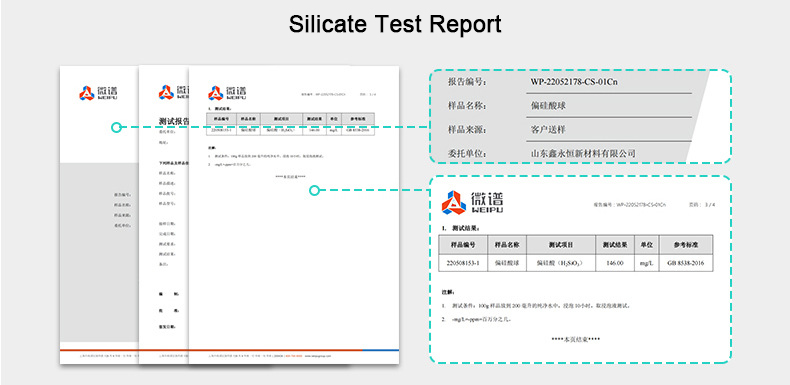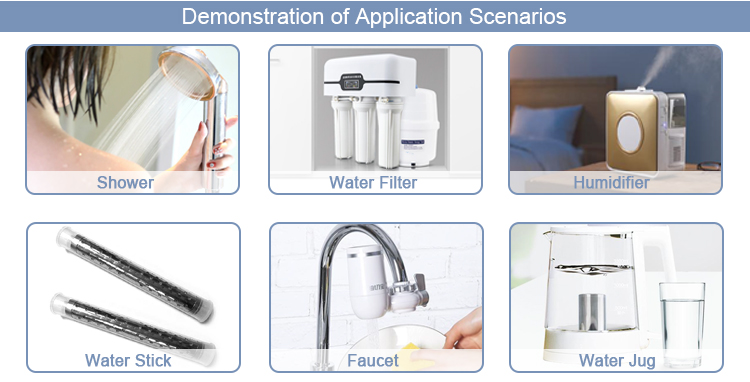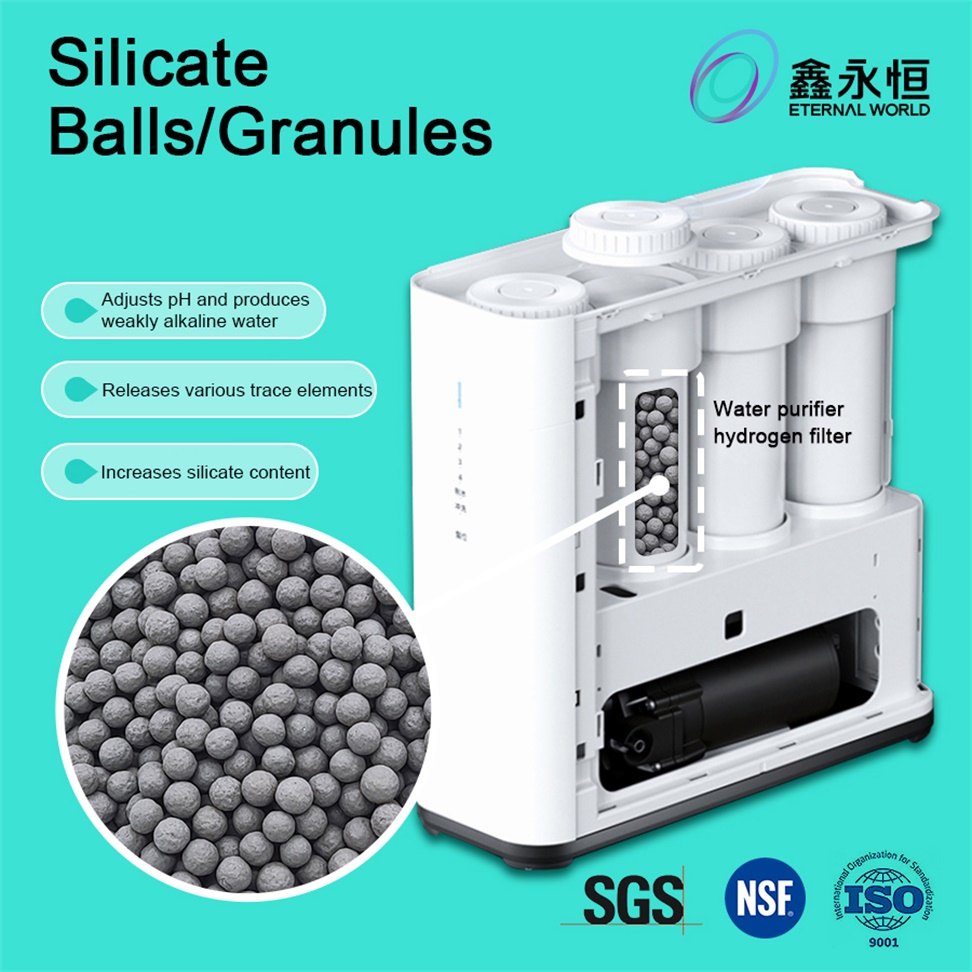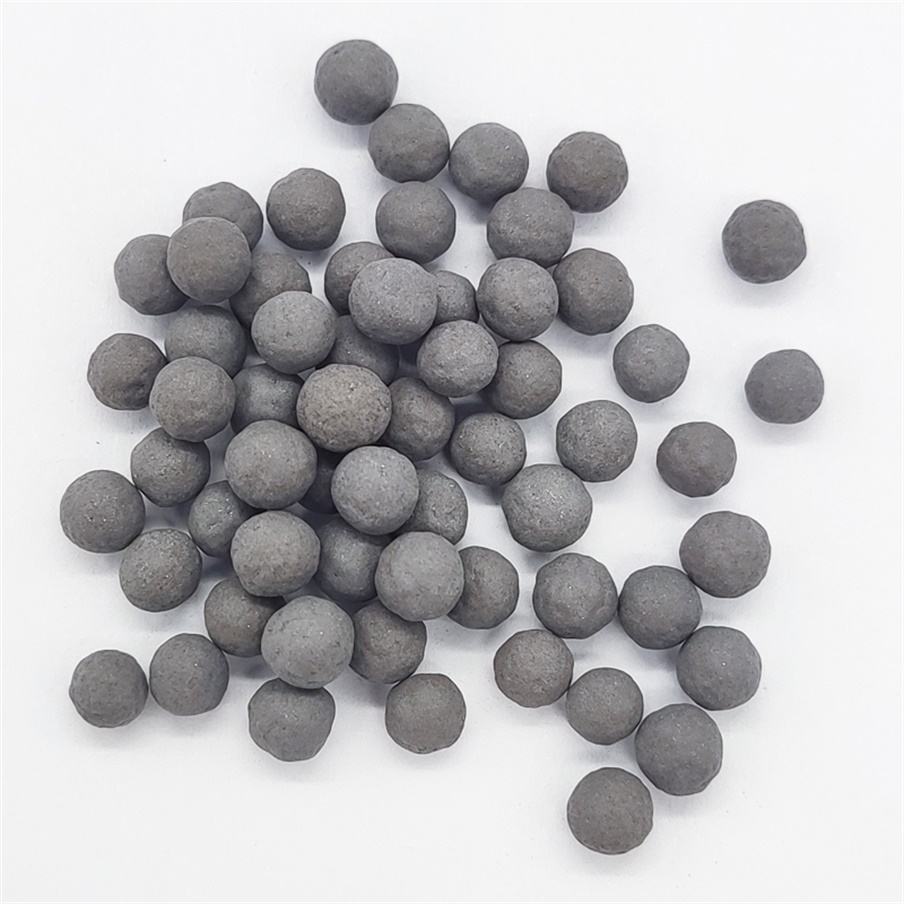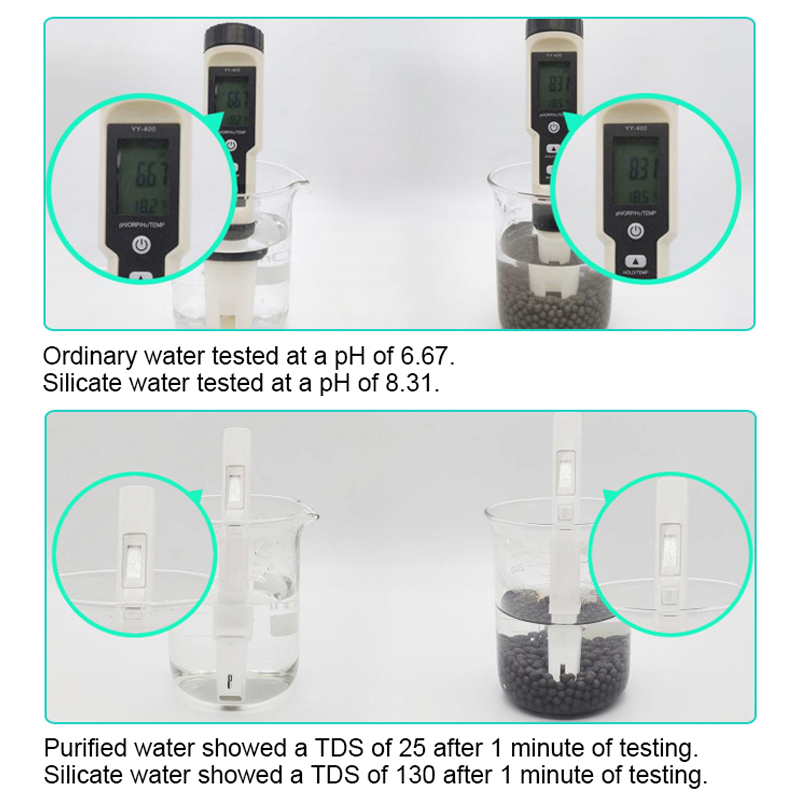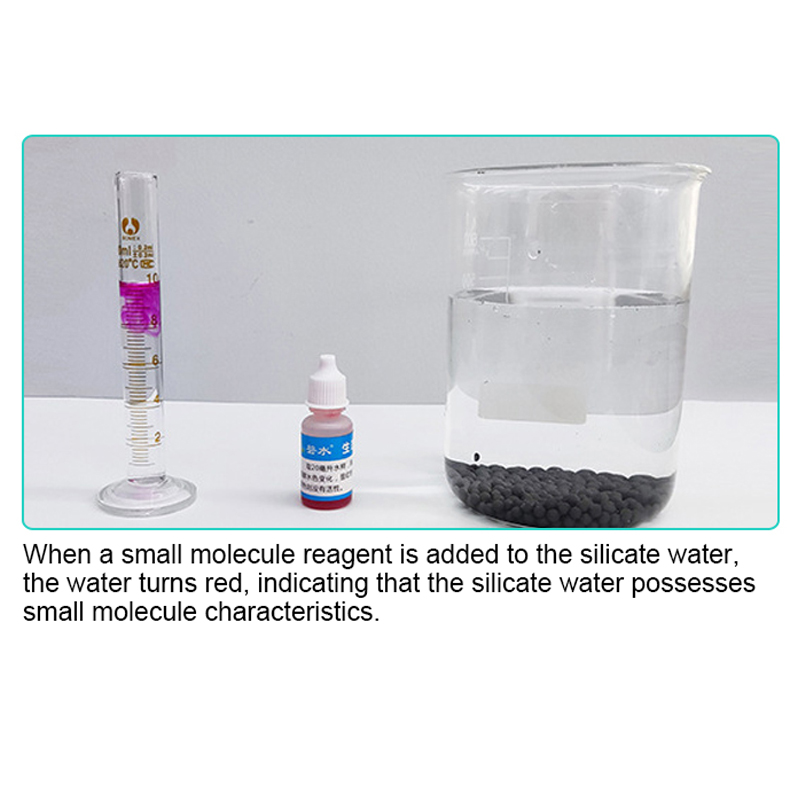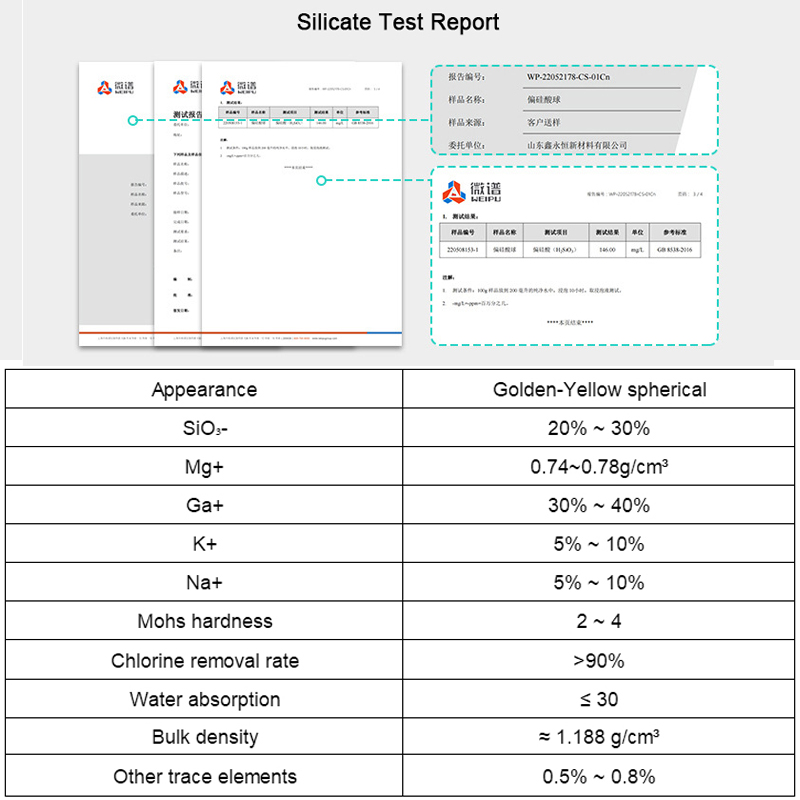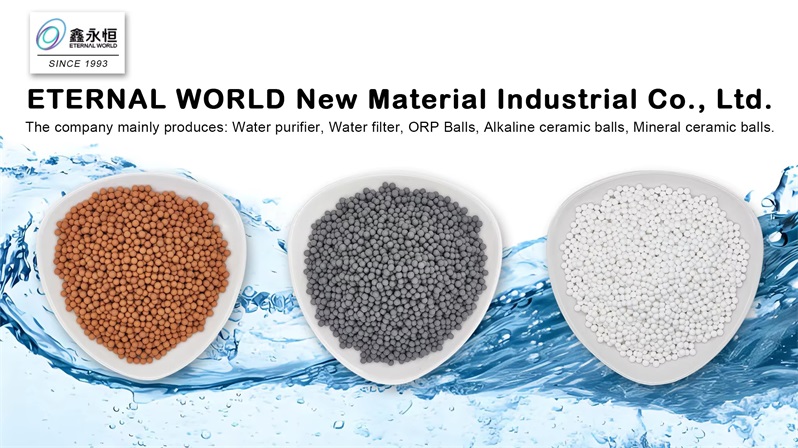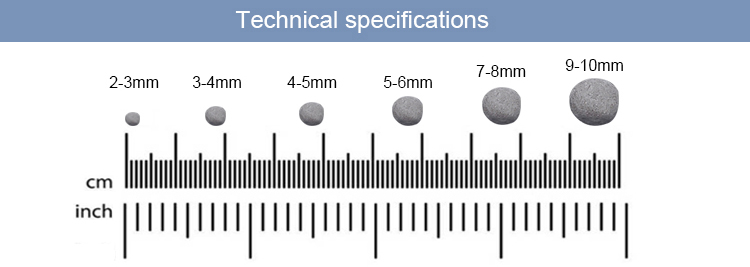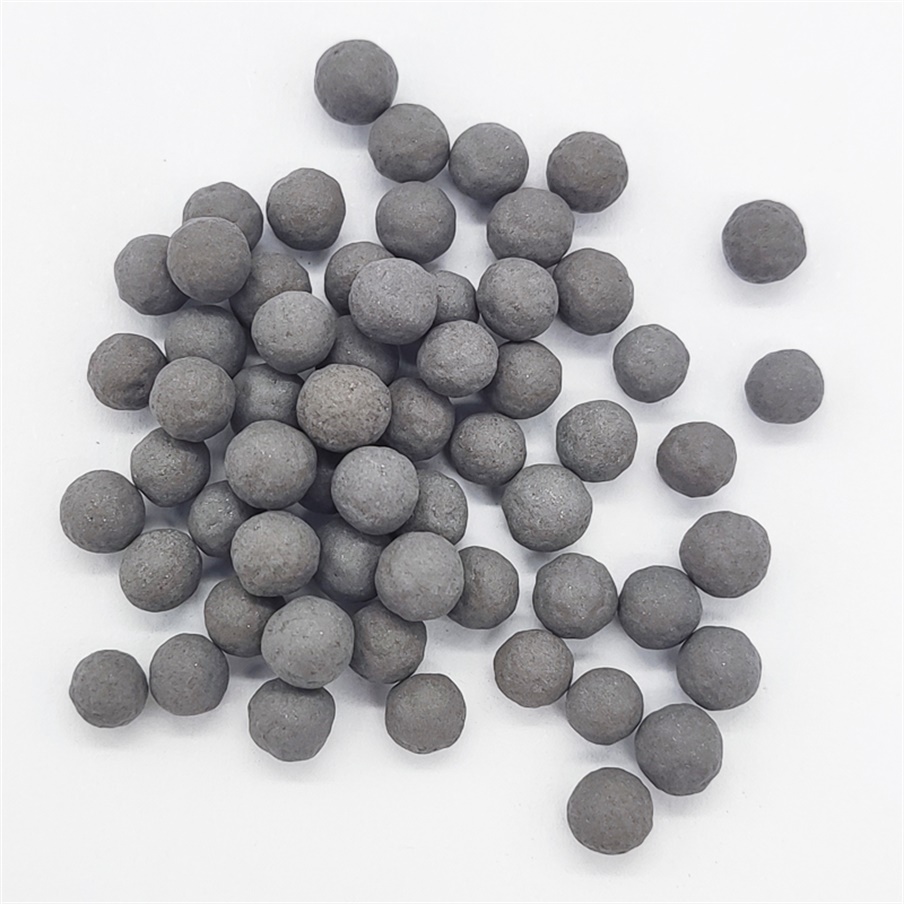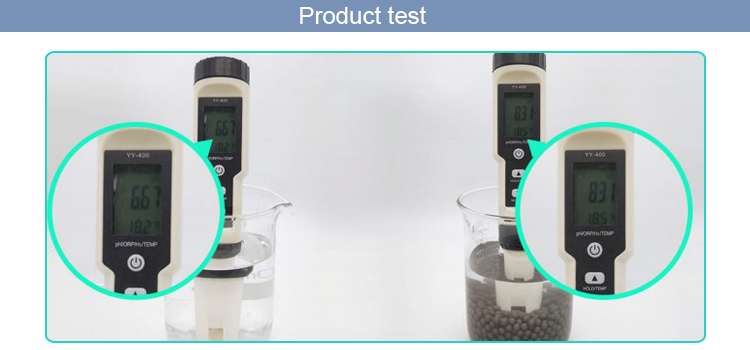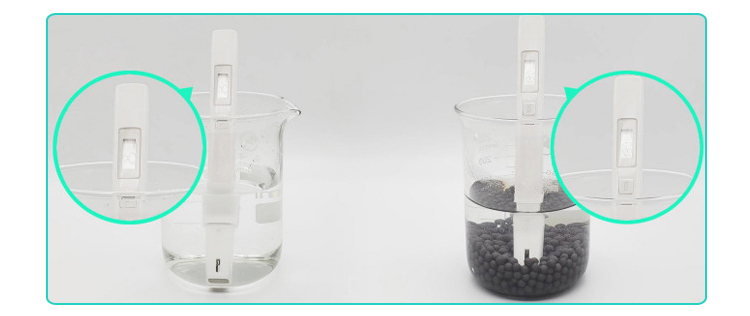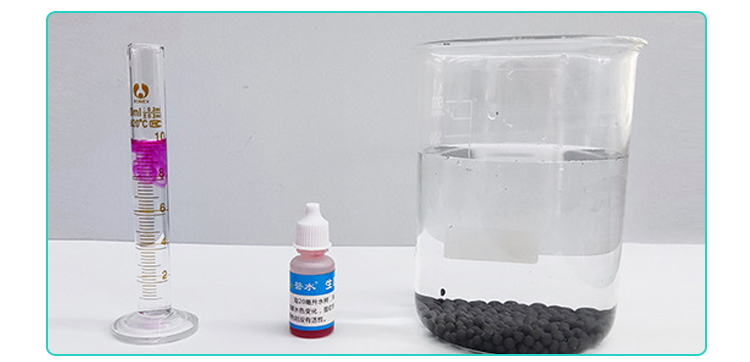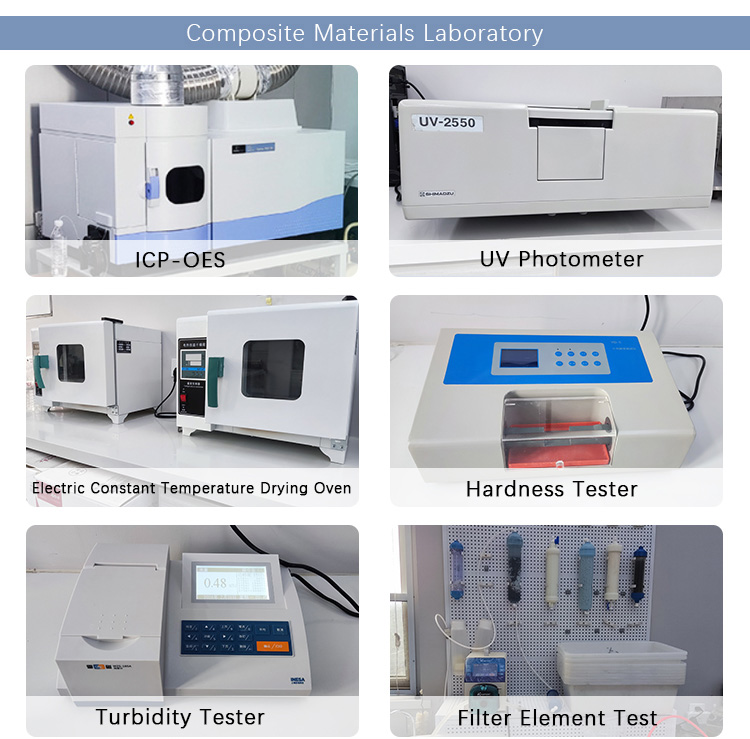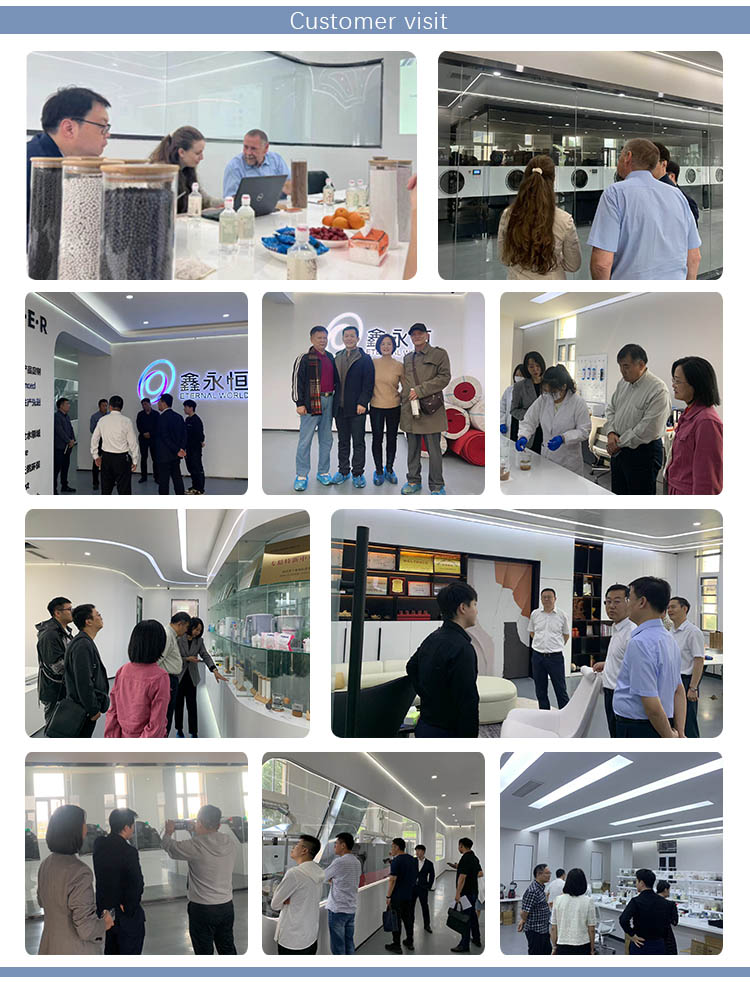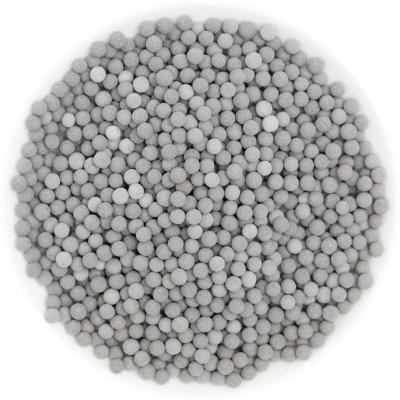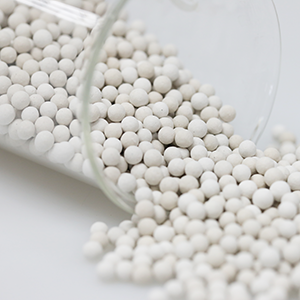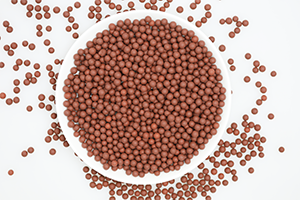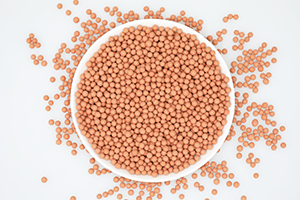Metasilicate Ceramic Beads Silicate Balls for Improve taste
Advantages of Silicate Ceramic Balls
Food-Grade and Safe
Made with high-purity ceramic materials, non-toxic and fully compliant with drinking water safety standards.Stable, Long-Lasting Slow Release
Engineered with a micro-porous structure to ensure steady release over several months.No Dissolution, No Cloudiness, No Odor
Solid ceramic form ensures clear water without residue, sediment, or clogging.Widely Compatible with Multiple Filter Types
Suitable for use in RO systems, water pitchers, countertop filters, and portable bottles.Boosts Product Functionality
Can be combined with alkaline, hydrogen, or mineral balls to create a multifunctional water treatment solution.Reusable and Eco-Friendly
Can be dried and reused after each cycle, reducing waste and environmental impact.
ETERNAL WORLD Metasilicate Ceramic Beads Silicate Balls for Improve taste
Functions of Silicate Ceramic Balls
Releases Silicate into Water
Continuously releases trace amounts of silicate, which supports the absorption of calcium and magnesium and aligns with WHO drinking water guidelines.Enhances Water Taste
Softens water and reduces bitterness, resulting in a smoother, more pleasant taste.Promotes Bone and Dental Health
Silicate plays a role in bone mineralization and supports calcium-phosphorus metabolism at trace levels.Provides Antioxidant Support
Under specific conditions, may work synergistically with other minerals to improve the antioxidant properties of drinking water.Improves Water Clarity and Stability
Helps reduce turbidity and stabilize water composition for a clearer, cleaner appearance.Mild Alkalization (pH Buffering Effect)
Slightly increases water pH, creating a mildly alkaline environment beneficial to the body.
| Property | Value |
| Appearance | Grey-Yellow spherical |
| -SiO₃ | 20%~30% |
| +Mg | 0.74~0.78g/cm³ |
| +Ga | 30%~40% |
| +K | 5%~10% |
| +Na | 5%~10% |
| Mohs hardness | 2~4 |
| Chlorine removal rate | >90% |
| Water absorption | ≤ 30 |
| Bulk density | ≈ 1.188 g/cm³ |
| Other trace elements | 0.5%~0.8% |
Production Management
